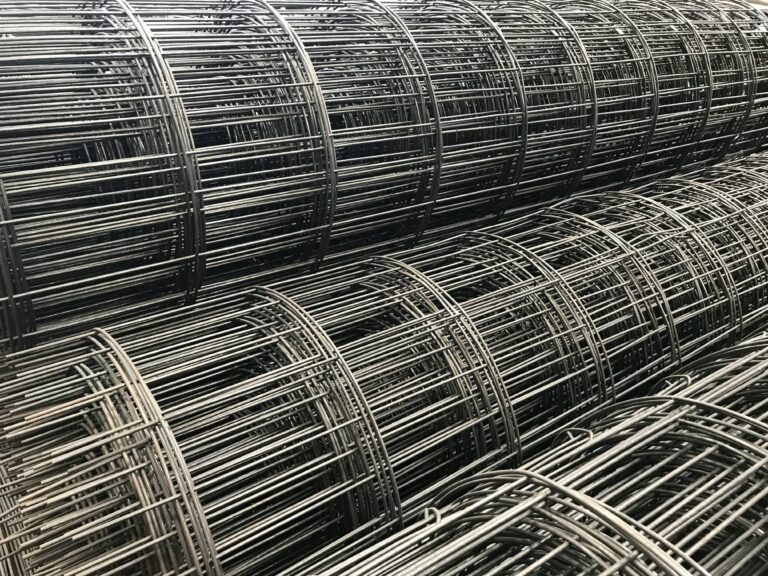The US imposed 50% tariffs on EU steel and aluminium in June, requiring proof of origin for finished products.
EU industries now face extra costs and administrative challenges on top of existing tariffs.
Complex Rules Strain Supply Chains
ACEA said the “melt and pour” rule forces suppliers to trace material origin across multiple tiers.
Suppliers often cannot provide this data, complicating compliance and slowing production.
Parts combining steel, aluminium, and copper fall under several tariff categories, further complicating matters.
In August, the US expanded tariffs to 407 more products, including machinery, wind turbines, and construction materials.
Financial Impact Hits Manufacturers
ACEA noted generic materials essential to car manufacturing now face tariffs, creating a “substantial” financial impact.
EU automakers also deal with 15% tariffs under the August EU-US trade agreement.
CECIMO said tariffs increase costs, create uncertainty, and add administrative burdens for European machine tool exporters.
The EU failed to secure exemptions for steel and aluminium but continues negotiating tariff rate quotas with the US.



